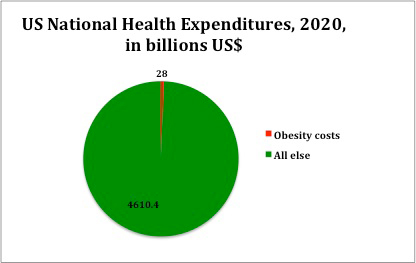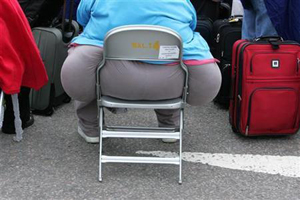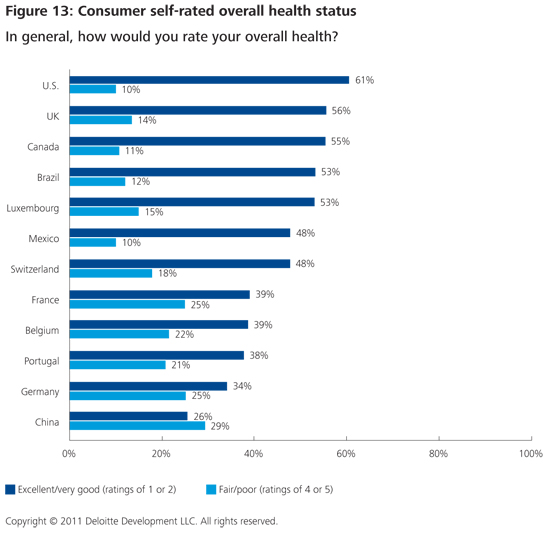Five Myths About Healthy Eating
With first lady Michelle Obama urging everyone to get moving, obesity remains a political hot potato. Below, Katherine Mangu-Ward, the managing editor of Reason Magazine, exposes some popular, but false beliefs:
Myth One: People in poor neighborhoods lack access to fresh fruits and vegetables. According to the U.S. Department of Agriculture (USDA), 93 percent of “food desert” dwellers have access to a car. Moreover, a study published this year in the Archives of Internal Medicine found proximity to a grocery store or supermarket doesn’t increase consumption of healthy food.
Myth Two: Advertising forces people to make unhealthy choices. The Institute of Medicine, an arm of the National Academy of Sciences, has concluded that “current evidence is not sufficient to arrive at any finding about a causal relationship from television advertising to adiposity [excess weight] among children and youth.” Similar findings hold true for adults.
Myth Three: Eating healthy is too expensive. Wrong. A survey by the USDA found that, by weight, bottled water is cheaper than soda, low-fat milk is cheaper than high-fat, and whole fruit is cheaper than processed sweet snacks. Making junk food comparatively pricier by tacking on taxes — a popular policy option — mostly means that people will pay more taxes, not eat more kale.
Myth Four: People need more information about what they eat. A recent study from Ghent University in Belgium found that labels made no difference in the consumption patterns of students there, backing up a 2009 New York University study that found no improvement in poor New Yorkers’ eating habits after the introduction of mandatory menu labeling.
Myth Five: There are too many fast-food restaurants in low-income neighborhoods. The same study that found no effect on diet from increased access to fruits and vegetables also found that proximity to fast-food restaurants had only a small effect, and it was limited to young, low-income men.




